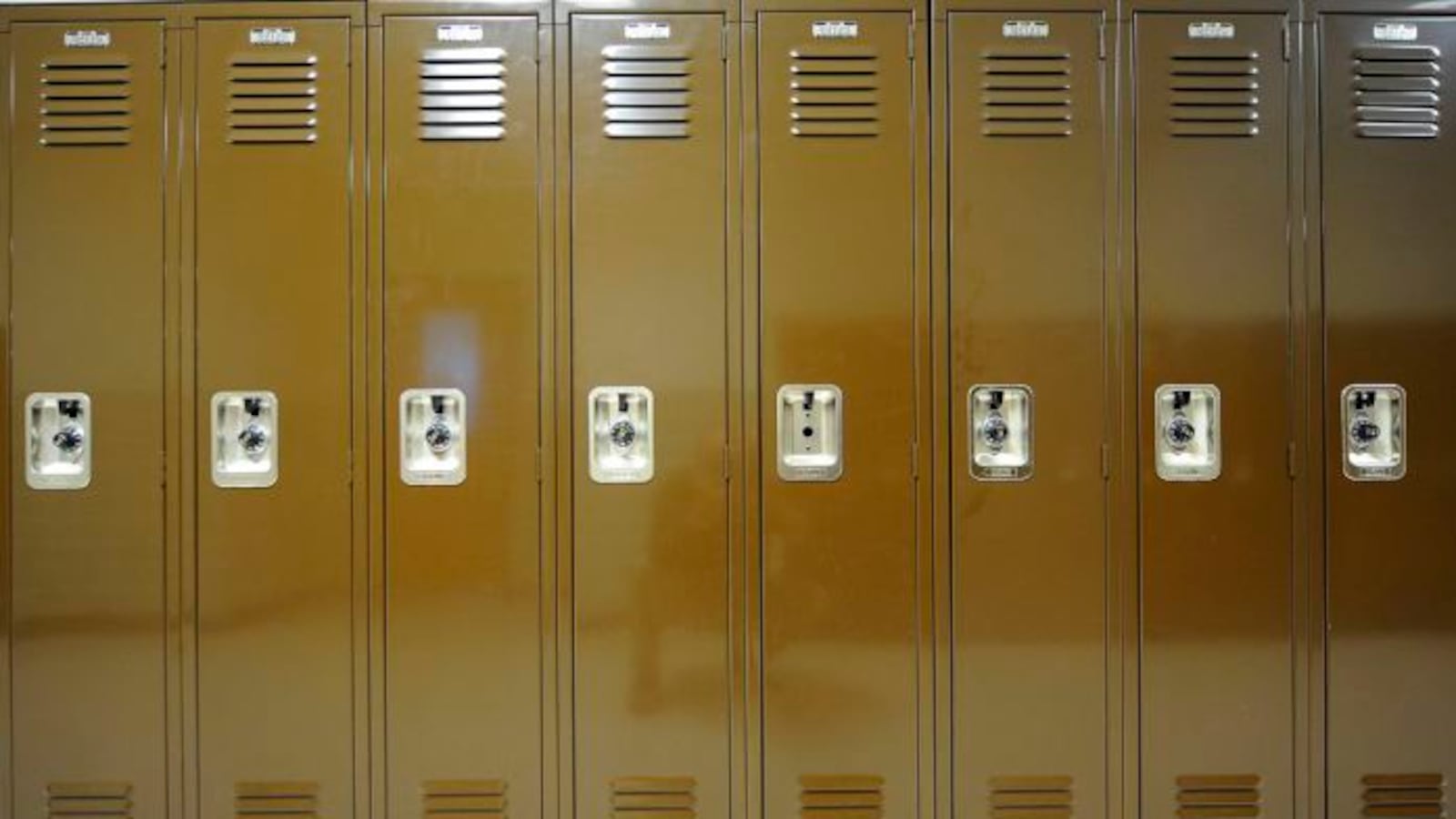A year after Indianapolis Public Schools rolled out a less-punitive approach to disciplining students two surveys suggest that many teachers need more training and support on the new policy.
The policy is designed to reduce the number of suspensions and expulsions in favor of less severe punishments that urge students to repair damage caused by their wrongful actions and strategies that reward students for good behavior.
Serious penalties for poor school behavior can have a dangerous implications for kids. Students who are suspended not only miss out on learning time, but also are more likely to drop out and be arrested. Students of color and students with disabilities are more likely to be suspended from school.
The new code of conduct aims to reduce suspensions and expulsions by to moving away from “zero tolerance” policies. But it has sparked a backlash from some educators who say they don’t have enough support from the district or other tools to deal with student misbehavior.
Two new, unscientific surveys shed some light on how educators and students feel about the new code of conduct and the culture and safety of schools.
One of the surveys was carried out online by the IPS teachers union, and garnered responses from 274 educators — about 13 percent of the district’s teachers.
The results showed a split among teachers, with a slight majority asking for more support and training in making the transition. Forty-one percent of those who filled out the survey reported that they did not feel supported when dealing with discipline.
Even more teachers — 63 percent — said they did not have enough information on the new code of conduct and 61 percent said they did not have enough training in approaches that focus on encouraging positive student behavior.
The results were concerning to union leader Rhondalyn Cornett.
“We’ve got a lot of teachers that don’t know what’s going on,” she said. “I think that some schools probably are doing a good job, but all the schools need to be doing a good job.”
The district-led online survey, which also focused on school culture and safety, found widespread familiarity with the code of conduct. The survey included more than a thousand educators. Eighty-five percent of teachers said they had read the code of conduct, and 80 percent said they understood progressive discipline.
The district survey, which also polled over 16,000 students students, included some concerning feedback. Just 65 percent of students in grades 6-12 said they feel physically safe at school, and 67 percent of kids in grades 3-6 said they worry about bullying.
The district has not yet analyzed the data by school, but it plans on sharing more details with school leaders with the aim of using the survey results to develop plans to improve student behavior and safety, according to deputy superintendent Wanda Legrand.
Superintendent Lewis Ferebee said it is essential to reduce suspensions but the new code of conduct won’t dramatically change student and teacher behavior overnight.
“This will take time,” he said. “Changing discipline practice is going to require a lot of change in behavior not just from students but from adults.”

